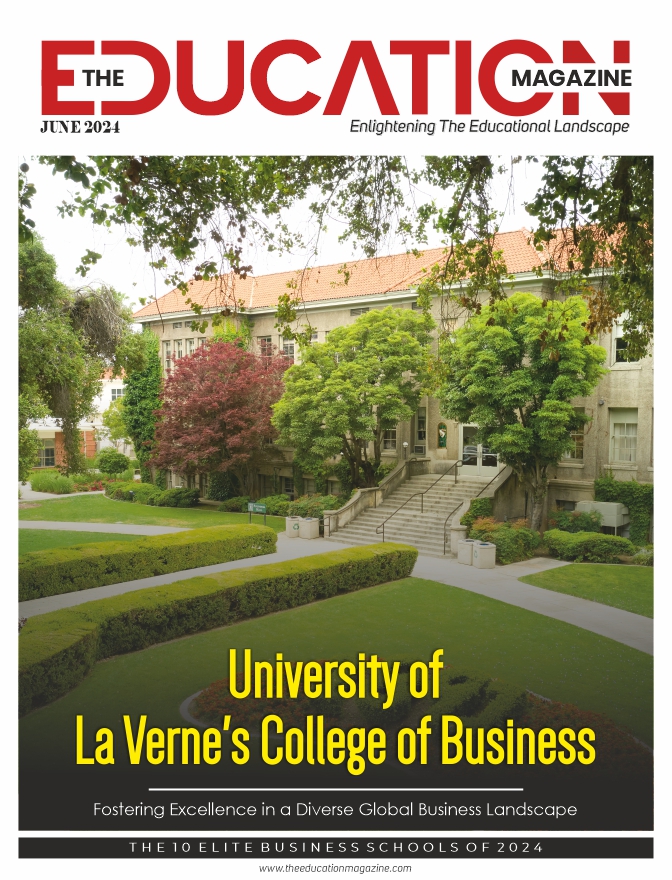Embracing AI and providing a rich educational experience
A task force of the G20 research and policy advice network, Think20, has identified artificial intelligence (AI) based learning technologies as the recommended approach to overcoming current educational challenges and ensuring existing and future employees are prepared to be a member of the workforce of today and tomorrow. Task Force 6 (TF6) identified various AI-learning modes to bridge the skill gap and begin to reskill and upskill.
T20 research highlights not only the transition from education to employment that must be reformed but also that the skills of those already within employment that no longer meet evolving market requirements.
Save today, secure tomorrow
Recommendations laid out within twelve research-based T20 Policy Briefs outline how G20 member countries can address their individual challenges to ensure economies can recover and achieve sustained growth, as the increased use of AI changes the employment landscape in the digital age.
TF6 outlines four key recommendations G20 member countries can adopt to utilize AI-based learning, including embracing and regulating industry micro-credentials; government funding for workplace learning in traditional sectors and those working within the platform and gig economies; the promotion of immersive, interactive AI for skills development as a learning aid and not in replacement of teachers; and the promotion of innovative technical and vocational education training (TVET) institutions with the backing of quality control and licensing bodies.
To sustain economic growth
COVID-19 has accelerated those issues that were already prevalent, revealing the varying skill gaps across all generations. The older, missing generation of over 35’s would traditionally gain skills in one specialty area, with many people remaining on the same career path for life.
When discussing the immediate need for reforms, Heidi Alaskary, visiting senior research fellow, KFCRIS, and lead co-chair of TF6, said that the policies TF6 has chosen to focus on will have a direct impact on how we, as an international community, shape our immediate future.
Study
The Organisation for Economic Co-operation and Development estimates global unemployment rates in May stood at 8.4 percent and could reach 9.4 percent by the end of 2020 as a result of COVID-19. According to the International Labour Organization (ILO), the virus could cause the equivalent of 195 million job losses.
Pre-COVID-19, the fourth industrial revolution was already rebalancing employment away from repetitive manual work, in favor of automated, AI-supported roles. Examples of this include robots replacing hospital porters, self-checkout systems in supermarkets and the high street, and online delivery reducing the demand for shop assistants, ultimately resulting in job losses.
T20 predicts those economies heavily reliant on traditional service industries, such as retail and wholesale, food and accommodation, business services and administration, and manufacturing, which together add up to 37.5 percent of global employment, will be most negatively impacted.










